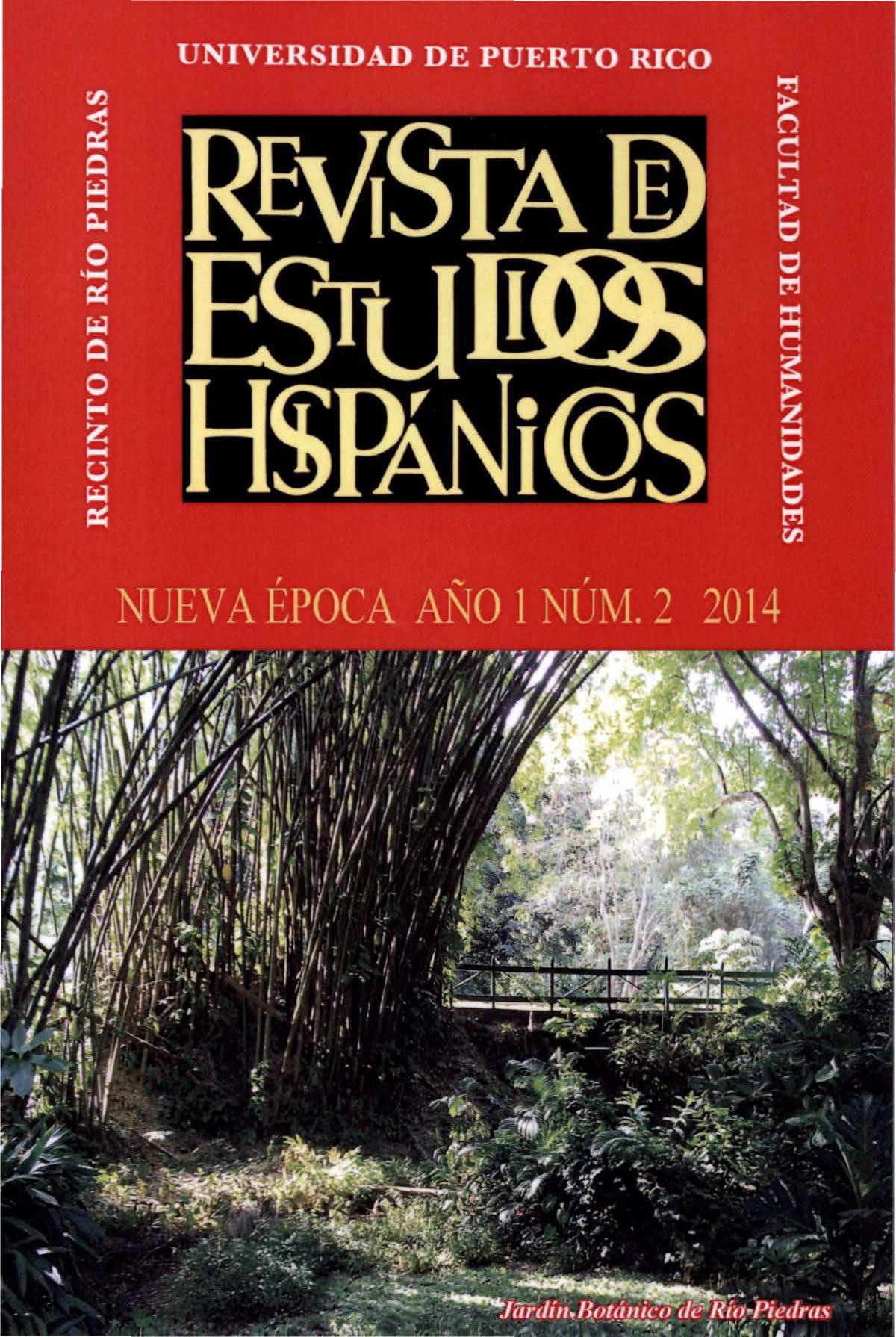Abstract
Segmentation is a fundamental structuring principle that contributes to organizing the individual and social perception of reality by the most relevant characters in Miguel de Unamuno's novel Abel Sánchez. Within their own arborescent segmentarities and from a narratological point of view, such characters could be considered as actants, since they tend to promote communication, codification and territorialization among themselves through a process of shifting relationships and interactions, rather than support a centrally organizing power. The emotions communicated by the story narrated in Abel Sánchez show that the segmentarities where these characters function, are focused not only on small scale trajectories and local environments, but also on historical situations related to modern times. However, such segmentarities are not isolated from each other, but very often overlap and might produce a disturbing movement of mutual deterritorialization that would direct the narrative discourse in unpredictable ways.This work is licensed under a Creative Commons Attribution-NonCommercial 4.0 International License.
Downloads
Download data is not yet available.

